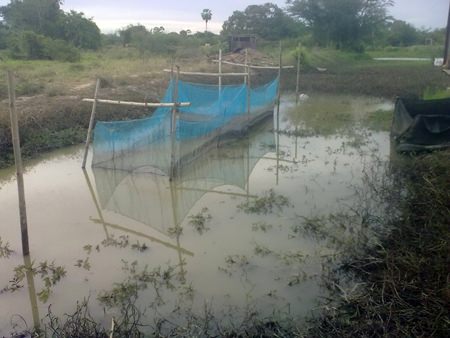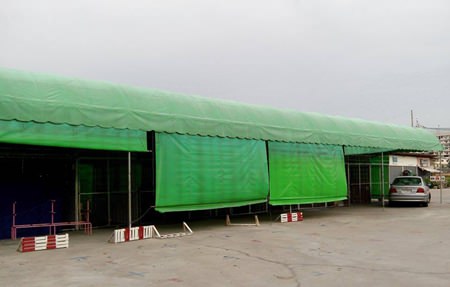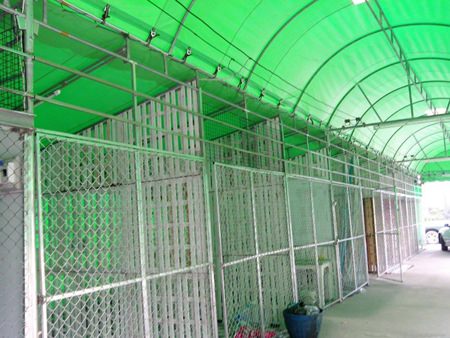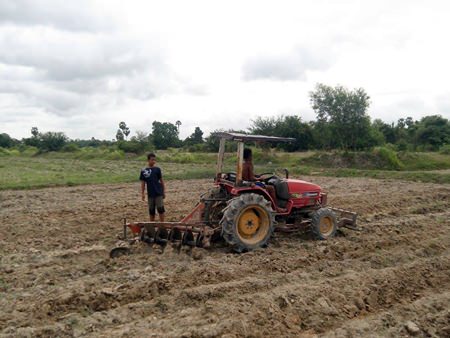Pattaya Street Kids’ Support Project (www.slum-kids.org) have been made aware of the Baan Ton Rak project in Pattaya and our Charity Trustees agree that this meets our criteria of being something we are able to support.
It is run by a young Buddhist couple who for fifteen years have been dedicated to helping young people, and in so doing, protecting the environment for future generations. They live in a simple dwelling, set on 14 rai of land (which includes a lake) and they have taken in seven homeless children. However, it is not just these children they help. Many more children come after school or at the weekends and learn not just agricultural skills, but fishing, animal husbandry, and life skills.

They plant rice, grow fruit and vegetables, fish, and try to be self-sustaining. Clearly, this is not easy, and they are currently trying to raise funds to buy the seed to plant rice.
This is a project that channels the sometimes destructive energy of youth into areas which build character and provide alternatives to the often antisocial behaviour born of boredom or envy. It allows children from the slums to benefit from fresh air and honest labour. They learn the benefits of being part of a team – and how to be independent. They learn how to share, be tolerant of those they don’t understand and become useful and accepted members of society – regardless of their background or history. No-one willing to help is turned away.

This could be the prototype for programmes which could be tailored to benefit schools, detention centres, orphanages, etc.
To enable the project to expand there is a need for extra accommodation and this item consists of three secondhand market stalls (wire ‘cages’ supported by steel stanchions) 30 M X 9 M, with tarpaulin cover. You will see these at all the more established market areas in the city and they can cost millions of baht when new. We have agreed to meet the cost of 70,000 B to buy, and 11,000 B to disassemble and transport. A total of 81,000Baht (£1800)

Baan Ton Rak will use this as temporary accommodation to allow them to take in other Children-at-Risk, or those who are willing to be channelled into a new life when coming out of Youth Prison. They would be given food, accommodation, skill-based training (agriculture or apprenticeships with businesses in the community), and basic education.





